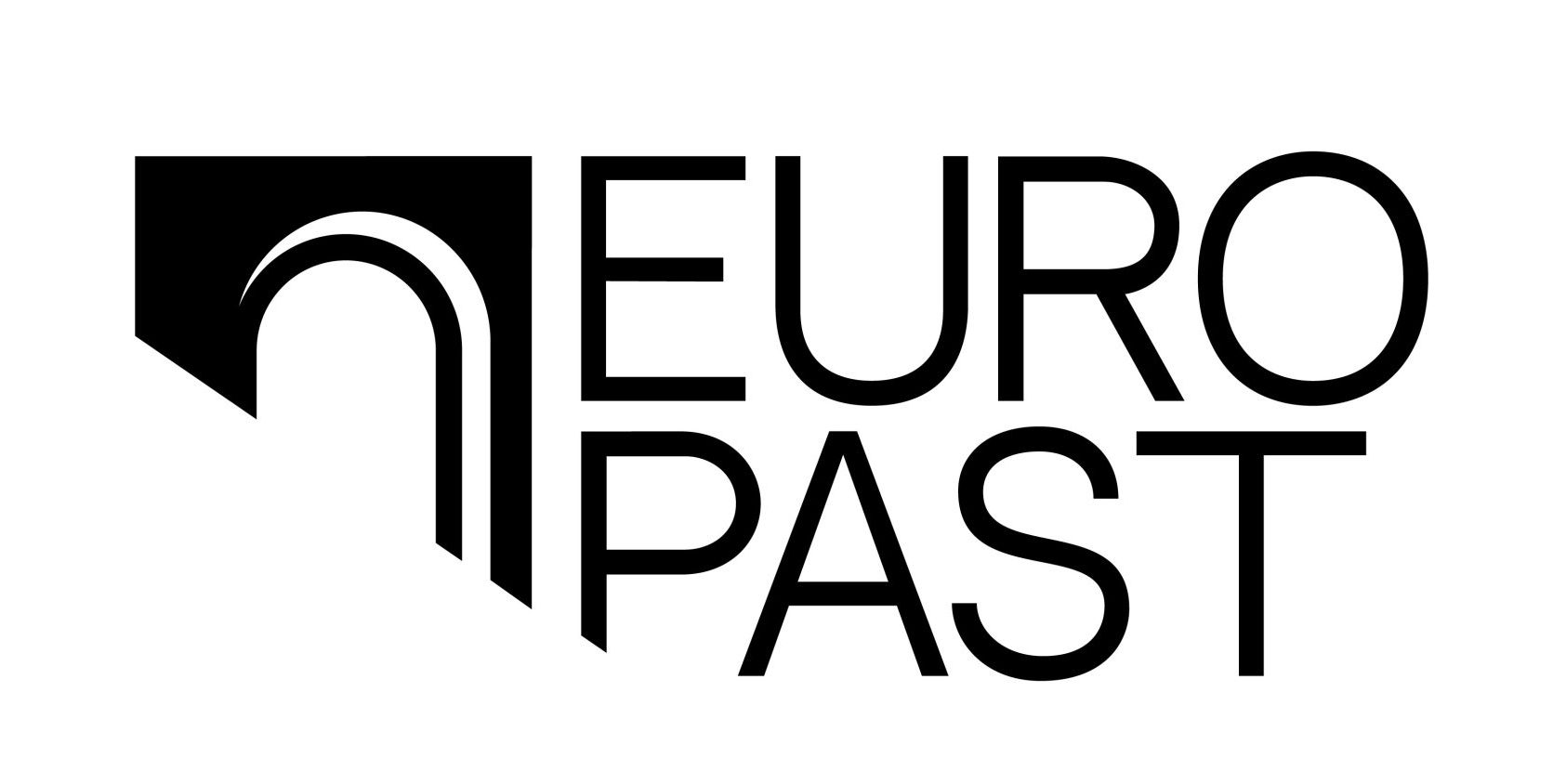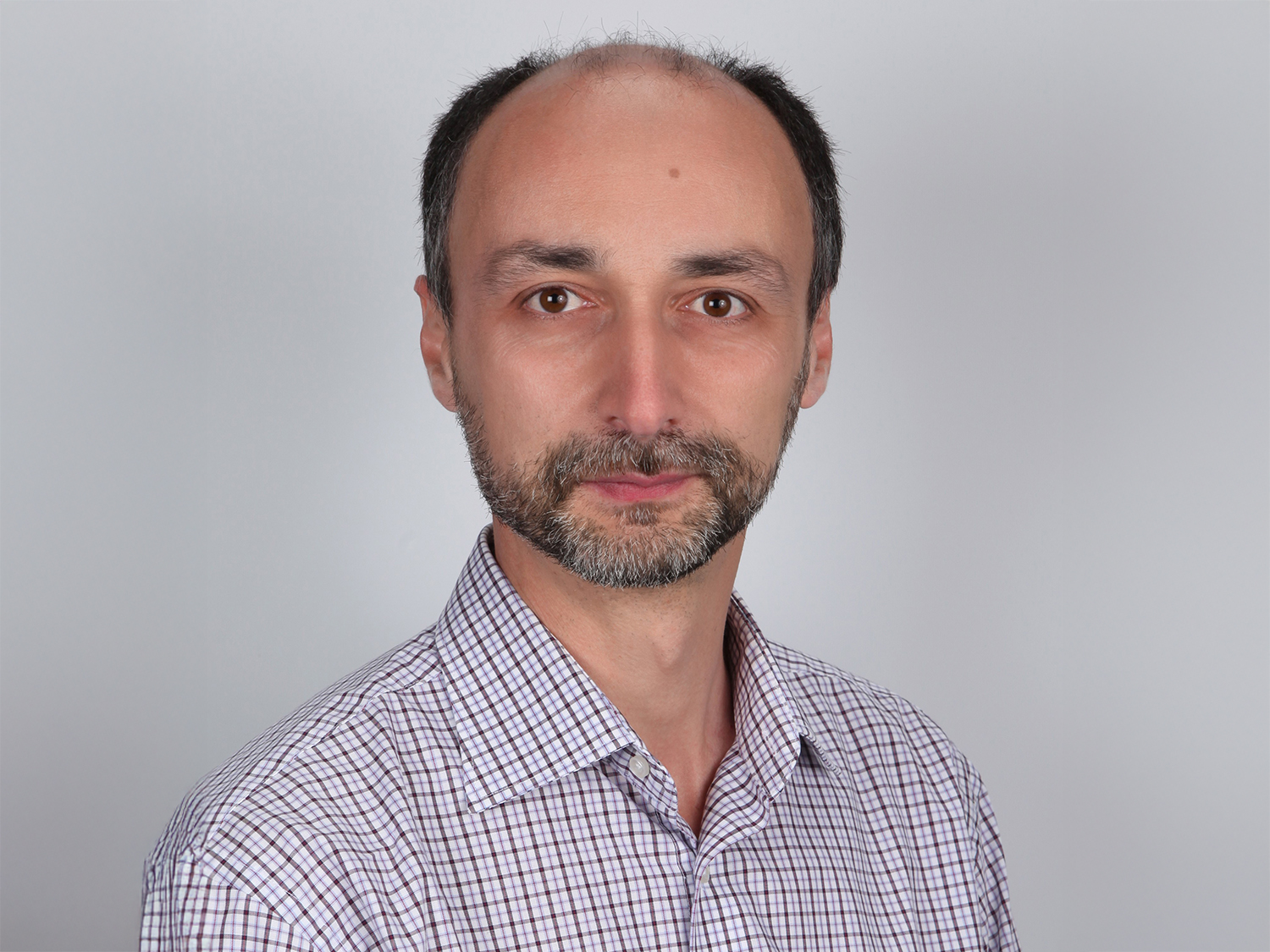The subject of the Holocaust in Ukrainian history textbooks has repeatedly become a subject of scholarly interest. This ongoing study is characterised by the following three features. First, it focuses not only on the image of the Holocaust in textbooks, but also on its transformation, especially under the influence of the Russian-Ukrainian war. Second, the focus is not just on the textbooks themselves, but also on the political and ideological context in which they were written. Third, the case of the Holocaust is used as an opportunity to clarify the role of forgetting in the formation of the official historical narrative. The analysis included Ukrainian history textbooks, world history textbooks, and textbooks, manuals and programs for the optional course on the history of the Holocaust for high school students, approved by the Ministry of Education. The discourse analysis made it possible to identify the basic strategy in the Ukrainian description of the Holocaust, which boils down to a triple avoidance: avoidance of the trauma, avoidance of the loss of the victim’s status, and avoidance of the polycentricity of the vision of national history. The consequence of this strategy is the inevitable oblivion of many events related to the Holocaust. The example of the Holocaust allows us to see the constructive power of forgetting and its link to the formation and maintenance of a collective identity.
About the speaker
Denys Kiryukhin is a researcher at Lund University. His scientific interests focus on the social and political development of post-communist states, the history of ideas, the politics of memory, theory of justice, and political philosophy. He graduated with honours from the Faculty of Philosophy at Taras Shevchenko National University of Kyiv. He then worked at the Hryhoriy Skovoroda Institute of Philosophy of the National Academy of Sciences of Ukraine, where he wrote and defended his PhD thesis. He also completed research internships at the Catholic University of America and the Free University of Berlin.
Kiryukhin is the author of The Discourses of Justice in Historical Context (Kyiv: Stylus, 2021, in Ukrainian). He is also a co-author of several books, among them Transnational and Transatlantic Fascism, 1918–2018: The Far Right in East Central and Southeastern Europe (London and New York: Routledge, 2026); Philosophy Unchained: The Development of Philosophy after the Fall of the Soviet Union (Stuttgart: ibidem-Verlag, 2023); The Persistence of Justice as Fairness: Reflections on Rawls’s Legacy (Rome: UniversItalia, 2022); Community and Tradition in Global Times (editor and author; Washington, DC: CRVP, 2021); and Ukraine in Crisis (London and New York: Routledge, 2017).
His articles have appeared in journals such as Russian Politics; Studies in East European Thought; Ideology and Politics Journal; and European Politics and Society.
This lecture is part of the EUROPAST project, funded by the European Union under the WIDERA programme (Grant Agreement No. 101079466).

